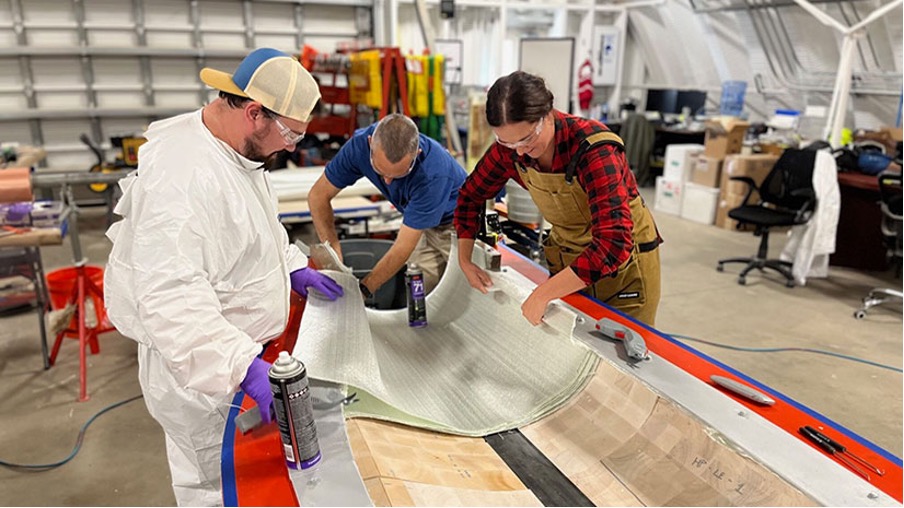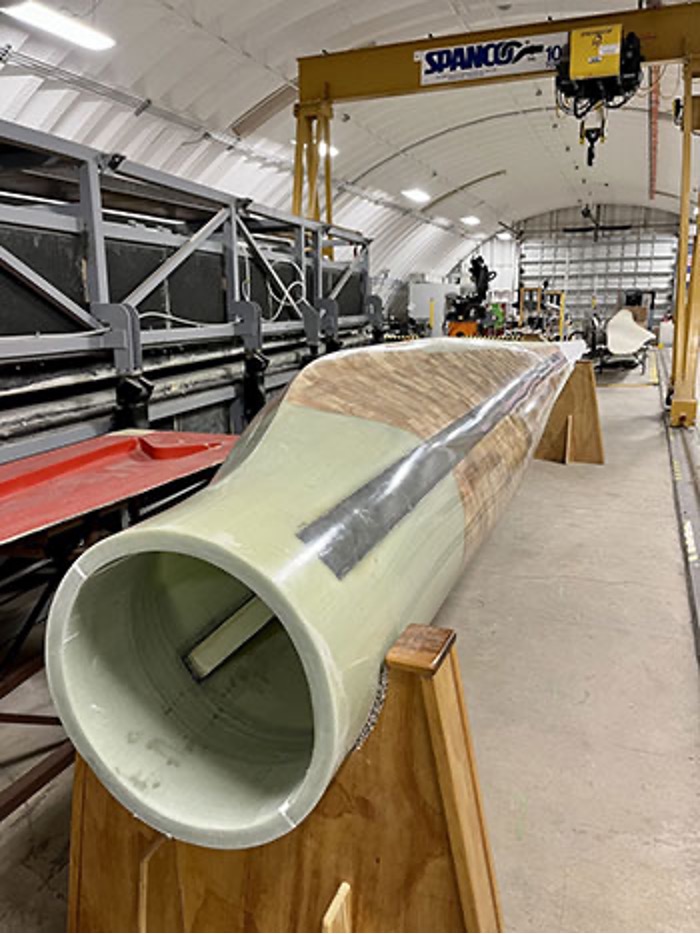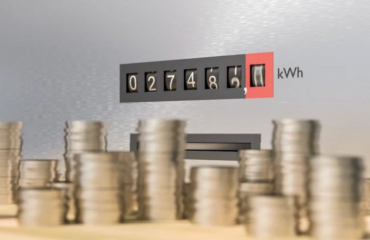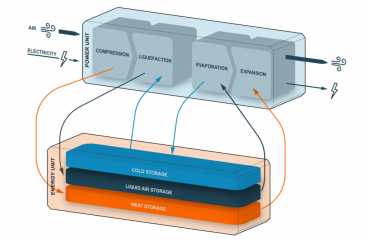
Estimated reading time: 1 minute
Addressing the recycling challenge associated with wind turbine blades, particularly in a cost-effective manner, has long been a concern for operators of renewable wind projects. While the decommissioning responsibilities typically fall on project owners, the focus has largely been on industrialized decommissioning, neglecting the crucial aspect of constructing high-performance blades from more sustainable materials.
The estimated 6.5 million metric tons of blade material waste projected globally by 2049, as existing wind turbines reach the end of their lifespan, underscores the urgency to find sustainable solutions.
Current wind turbine blades, mostly made of hard-to-recycle materials like fiberglass or carbon-fiber-reinforced plastics, call for innovation. As we move toward a clean energy future, the National Renewable Energy Laboratory (NREL) is entering the race with its encouraging development in the form of turbine blades made with plant-based resin.
The PECAN Revolution
NREL researchers Robynne Murray, Nicholas Rorrer, and their team developed the PECAN resin, an acronym representing the chemical structure (PolyEster Covalently Adaptable Network).
The team used their new PECAN resin to glue together a 9-meter wind turbine blade made with fiberglass composites and a balsawood core. The PECAN resin outperformed traditional resins in “creep” testing, a measure of how well the blade holds its stiffness over time.

Recyclable and sustainable turbine blades
Unlike traditional resins that require non-renewable resources and significant energy inputs, the PECAN resin offers a sustainable and recyclable alternative. PECAN’s chemistry, which includes biobased materials like sorbitol, facilitates easy breakdown with safe and affordable chemicals, thereby improving the material’s recyclability and reducing the cost of recycling.

Outstanding Questions
While the PECAN resin shows promising attributes, critical questions remain unanswered. Performance in comparison to traditional resins, production cost differentials, potential industry impact, performance in industrial-sized blades, and the scalability of PECAN resin adoption within the wind energy sector require thorough examination. As the wind energy industry continues its pursuit of sustainability, these inquiries will undoubtedly shape the trajectory of PECAN’s integration.
Sustainable Turbine Blade: The Conclusion
The successful construction of a prototype wind turbine blade using the PECAN resin marks a promising stride toward a more sustainable future in the wind energy industry. With the number of wind turbines set to surge, the demand for recyclable materials intensifies. NREL researchers, including Nicholas Rorrer, anticipate the potential market debut of PECAN resin within the next 5 to 10 years.
However, challenges and barriers must be addressed to ensure the adoption of this innovative solution by the wind energy industry, but if they do, the journey toward sustainable turbine blades might be closer than we think.


